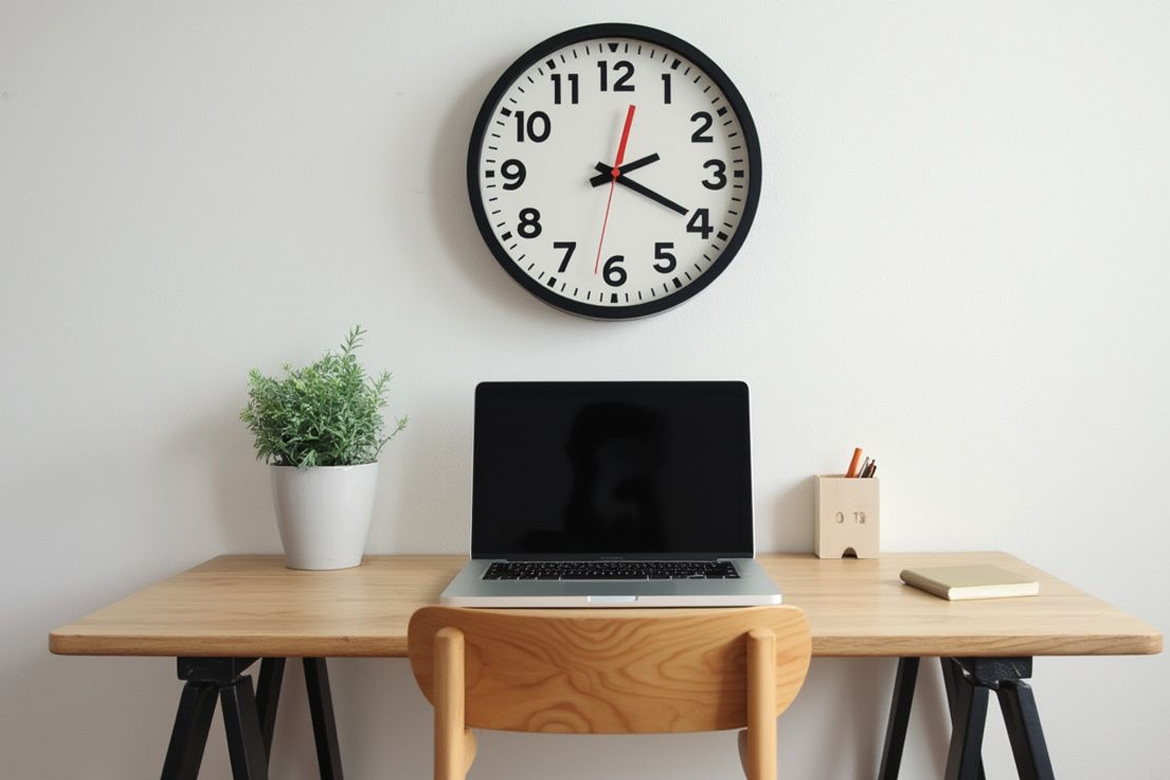2024-11-27
How Regular Breaks Can Improve Productivity and Wellbeing

The sources provide a wealth of information highlighting the significance of regular breaks in a work environment, particularly for desk-bound jobs. The benefits extend beyond physical health and encompass improved productivity, enhanced mood, and reduced pain.
Breaks Combat the Hazards of Inactivity
Prolonged sitting has emerged as a significant health concern, often referred to as "the smoking of our generation". It increases the risk of various health issues, including heart disease, metabolic syndrome, and even some cancers. * Breaks, even short ones, can interrupt these periods of inactivity and mitigate these risks.*
Breaks Enhance Productivity and Focus
Regular breaks can actually boost productivity. When individuals work for extended periods without breaks, they experience mental fatigue, leading to decreased focus and efficiency. Breaks allow the mind to rest and reset, resulting in renewed energy and improved concentration upon returning to work.
Breaks Improve Mood and Reduce Stress
Short bursts of physical activity during breaks, such as walking, stretching, or doing simple exercises, can release endorphins. Endorphins are natural mood boosters that can alleviate stress and improve overall well-being.
Tips for Implementing Effective Breaks
- Workplace Policy and Scheduling: Understand your workplace's policy on breaks and consciously incorporate them into your daily schedule. Aim for a short break every 30 minutes and longer breaks mid-morning and mid-afternoon.
- Active Breaks: Utilize break time for physical activity, such as walking, stretching, or simple exercises. This helps combat the negative effects of prolonged sitting and energizes the body and mind.
- Change of Scenery: Step away from your desk during breaks. Go outdoors, visit a breakroom, or simply move to a different area. A change of environment can refresh the mind and reduce mental fatigue.
- Reminders and Technology: Set reminders using timers, phone alarms, or computer notifications to prompt regular breaks. Consider using break-monitoring software for automated reminders.
- Mindfulness and Relaxation: Incorporate mindfulness techniques or relaxation exercises into your break routine. These practices can help reduce stress and promote mental well-being.
By embracing regular breaks as an integral part of the workday, individuals can experience significant improvements in productivity, well-being, and overall job satisfaction.